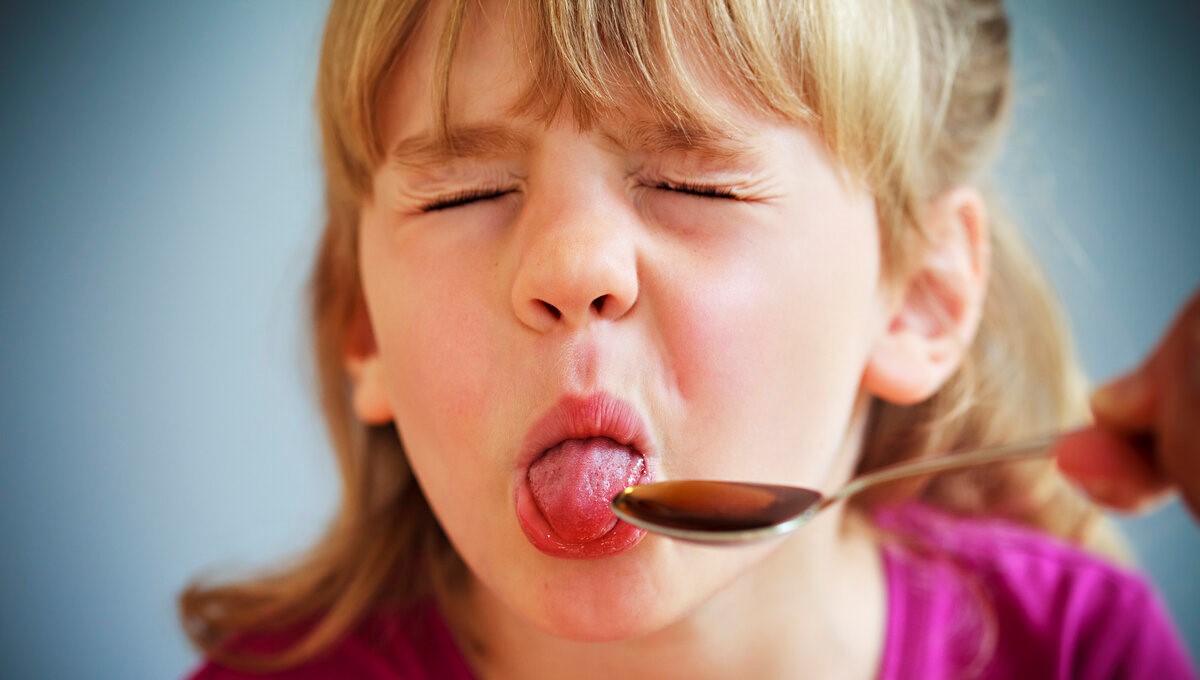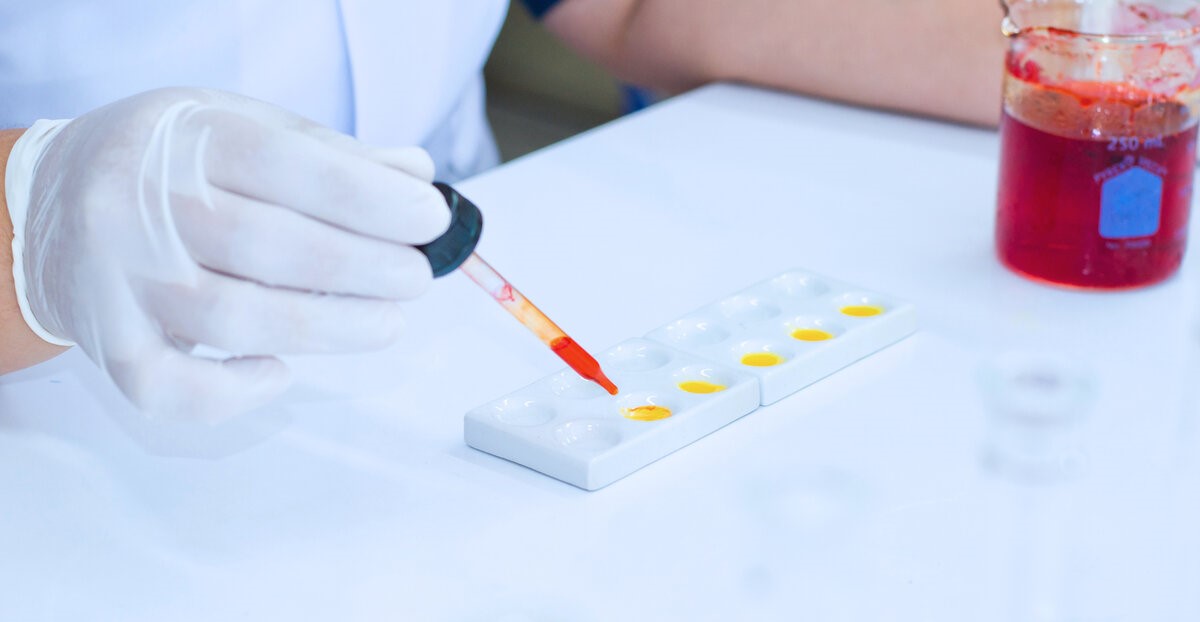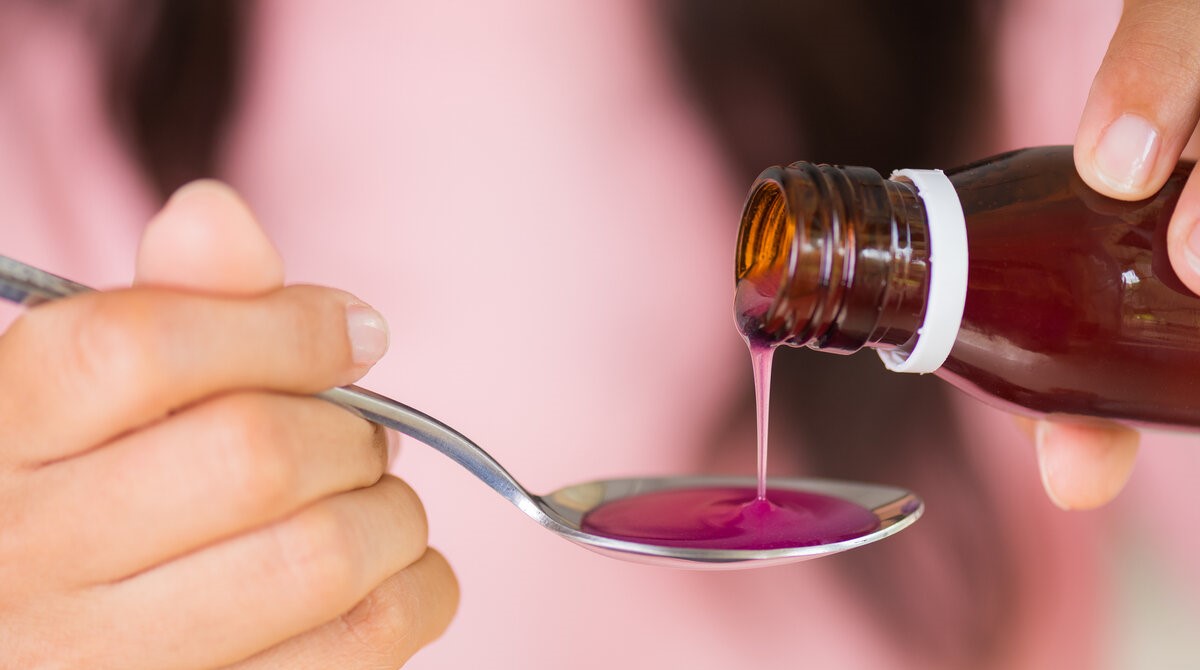
Make Children’s Medicine Taste Better With Compounding Pediatric Pharmacy
Photo from Getty Images
Originally Posted On: With Compounding Pediatric Pharmacy, Medicine Goes Down Much Smoother (compoundingrxusa.com)
As a caregiver, it can be difficult enough dealing with sickness or injury in your child. To complicate the situation further, kids are often resistant to taking medicine as needed. Medicine just doesn’t taste good, much of the time— but alternatives do exist, replacing unpleasant medicines with custom flavors and formulas.
Caring for a sick or injured child, and giving medicine to that child, doesn’t have to be a battle. At Compounding Pharmacy of America, we strive to offer solutions. Unlike what you’ll receive through a standard prescription, our medications are carefully tailored to fit your needs. With our pediatric clients, especially, we stay aware of sensitivities when compounding formulas for their treatment. By compounding medications for kids, we promise to cut down on the stress you experience in caring for a sick or injured child.
I Can’t Get My Child to Take Medicine. Why?
 Photo from Getty Images
Photo from Getty Images
When they’re young, children are highly sensitive to textures and tastes, which can affect their willingness to take necessary medications; it’s why so many preschoolers are known as picky eaters. Sometimes, a commercial medication isn’t enough to fit the unique needs of pediatric patients. While chewable medicine can be crushed into food and medicine can be stirred into water or juice, that isn’t guaranteed to help, given the sensitivity of young taste buds. They’ll focus on the unfamiliar, maybe even grainy, texture. This will lead to rejection.
Some illnesses, such as muscle disorders or even chronic constipation, will require injected medication, like suppositories or injections. In these forms, the experience of taking medication can be painful or even traumatic for some children. More often than not, a child will reject injected medications even more fervently than with a traditional pill or liquid. But by giving up when these methods don’t work with your child, symptoms could worsen, possibly leading to severe complications in the future.
Liquid medications have a tendency to cause burning in the throat, which can be an invitation for a child to quickly spit it all out. And while a number of over-the-counter options are flavored, this flavoring rarely covers the menthol or alcohol taste of liquid medicines. Plus, a child may be sensitive enough to pick up on the smell of medicines, leading to rejection even before the child can taste the grape, cherry, or other flavoring.
In especially severe cases of resisting medication, some doctors will resort to administering antibiotic shots. In these cases, it’s assumed that the uncomfortable shot will provide the child incentive to begin taking medication as required. However, this method is often ineffective or even counterproductive. Through the use of negative reinforcement, some children will double down and become even more resistant to medication. It’s also harmful to send the message, “If you don’t follow orders, you’re going to experience pain.” This could leave your child believing they will receive a shot whenever they misbehave, which is a highly negative precedent to set.
Dosing Pediatric Medicine
When you’re dealing with the stress of a child who’s resistant to a new medication, it can be all too simple to make mistakes regarding dosages. Even in the cases of the most attentive parents, it’s possible to incorrectly estimate doses, depending on a child’s age or weight. Make sure to double-check the medication label, and if you’re ever unsure, call your pediatrician. By under-dosing, you run the risk of symptoms lingering. However, through overdosing, your child might feel better for longer periods— but they will build up an increased resistance, come time for the next dose. This will negatively impact the medicine’s effectiveness over time.
It’s crucial to remember that your kid doesn’t relate dosage measurements in the same way you do. To the child, a small teaspoon of medicine might feel like a huge dose of unpleasant liquid. So, try to explain dosages in terms that your child is familiar with. Whenever you mix liquid medicine or powder with a drink, consider pointing out, “Look, most of this is just juice.” If you’re working with a chewable, remind the child, “You just need to take one, that’s all.” Maybe even use a positive incentive, such as offering a favorite drink or food with the medication, as a sort of “chaser.” This sort of positive reinforcement can be useful.
Tips for Getting Children to Take Medicines
 Photo from Getty Images
Photo from Getty Images
When it comes to giving medicine to children, technique is another factor to keep in mind— especially if the patient is resistant.
Never be forceful, as this could lead to vomiting and choking. Also, ensure that the child sits in an upright position rather than having them lay down. Aside from simply being unsafe, towering over a child in this way might intensify their fear even further.
As a potential last-resort measure, consider bringing in a second adult to help administer the medicine. However, this should only be done in cases where the child is highly resistant. Again, ensure that this is done without force. Have the second adult hold the child on their lap while gently holding the child’s hand to minimize movement. Here, consider using a syringe; place it past the gum line and teeth before pushing the plunger. (You might even allow the child to take over holding the syringe to provide them with a sense of control.) Hold the syringe with one hand while using the other to keep the child’s mouth open. Gently, press down on the patient’s chin, or drag a finger along the inner cheek. Then, press down on the child’s lower jaw.
As soon as the child has opened their mouth, place the syringe between the teeth and drip medicine onto the back of the tongue. Be careful not to squirt the medication right into the back of the throat. Never bend their head backward, as that can complicate swallowing and may result in choking. Rather, keep the child’s mouth open until they’ve finished swallowing.
Importantly, never punish or shame a child for refusing their medicine. This response will only reinforce that medication is negative. Reframe the situation. Consider saying something along the lines of, “That wasn’t very fun. Next time, if you can help me, I won’t even need to hold you.” Follow this up with positive reinforcement, like hugging. Letting your child know that they’re helping you and then giving positive reinforcement helps them to associate medicine with positive things.
How Compounding Pediatric Pharmacy Can Make It Easier to Give Children Their Medicine
Nonetheless, in some cases, a child will continue to refuse their medicine, despite the parents’ patience or techniques. In these instances, it’s best to turn to a pediatric compounding pharmacy.
Compounding Pharmacy of America aims to provide child-friendly medications. We’re available to help fight off illness and injury, whether it’s a seasonal cold or a chronic condition that requires regular medication. We provide custom medication forms created to help the medicine go down easier. If the child has difficulty chewing or swallowing, we’ll craft custom liquid medicine, especially for them. If your child experiences chronic constipation but hates suppositories, we’ll blend a gentle oral laxative.
Compounding medications can be beneficial to a variety of scenarios and conditions, but some of the most common are:
- When a medicine is unavailable in the appropriate dosage form. Sometimes, a manufactured medication is available only as a solid oral dosage. In the cases of some children, this isn’t a practical option— maybe your child does better with suspensions, suppositories, or lozenges. While most young children (ages 6-11) are capable of swallowing small oral pills (following guidance by a pharmacist or practitioner), around 9% cannot swallow these medications. This might be the result of a child’s developmental stage, fear, anxiety, or intolerance to unpalatable flavors. Special dosages, acquired through a compounding pharmacist, can also be necessary for children with special healthcare needs or medical complexity.
- In cases of a sensory processing disorder (SPD). With developmental disorders— such as attention-deficit hyperactive disorder (ADHD), autism spectrum disorder (ASD), or fragile X syndrome— a child is at an increased risk of developing SPD. In the case of this condition, sensory input is insufficiently detected, modulated, or interpreted. This leads to abnormal responses to stimuli, which are likely to occur while taking medicine. Certain textures and tastes can lead to negative reactions in children with SPD; these responses could take the form of gagging, vomiting, and screaming, for example. Whether it be through changes in flavor or reducing particle size to combat grittiness, compounding medication can be important for kids with SPD.
- The presence of food allergies. In the cases of both common and uncommon food allergies, compounding medication can be important to preventing allergic reactions in pediatric patients. Common allergens for children include eggs, dairy, peanuts, tree nuts, soy, and wheat. Seeing as allergies occur in around 8% of children, compounding pharmacists are vital to ensuring that patients receive medication safely through working with allergen-free bases.
- Adhering to medically prescribed diets. This is another common reason caregivers might seek out a compounding pharmacist in order to care for their child’s medication needs. One of the more common scenarios is found in patients with celiac disease. After being diagnosed with celiac disease, a patient is administered a gluten-free diet— however, gluten is also an ingredient commonly found in commercially available medications. Other pediatric patients might be following a ketogenic diet, which is a low-carbohydrate, high-fat diet intended to help reduce seizure activity. As much, a compounding pharmacist can ensure that little to no carbohydrates are found in the patient’s medication.
Custom Pediatric Medicines
 Photo from Getty Images
Photo from Getty Images
With Compounding Pharmacy of America, you no longer have to sneak medicine into food or drinks. We offer a large variety of medication flavors and colorings— if a medication looks appealing, then a child is more likely to take it. Let us know your child’s color and flavor preferences, and we’ll mix up a customized batch of medication.
Some pediatric patients are sensitive to gluten, wheat, soy, or sugar, which can all occur in many traditional medicines. However, Compounding Pharmacy makes children’s medication without these ingredients, as well as others your child may be sensitive to.
Additionally, Compounding Pharmacy guarantees you won’t experience dosage mistakes. We work with your pediatrician to ensure dosages always match your child’s age and weight.
Compounding Non-Traditional Types of Medicine
Some kids have undergone highly negative experiences involving medicine. For kids like this, the simple prospect of pills, liquids, suppositories, or chewable medication can be frightening. That’s why Compounding Pharmacy of America offers a number of non-traditional medicine forms, including gummies and lollipops, as well as topical gels.
With non-traditional forms, you won’t have to sacrifice effectiveness. If you choose a type such as gummies or lollipops, simply ensure the medicine is safely stored in an area inaccessible to the child. After all, this medication might seem like candy to your child. If your child gets into the medicine, contact your doctor immediately.
Make Children’s Medicine Taste Better and Get Custom Pediatric Medicine from The Compounding Pharmacy of America
 Photo from Getty Images
Photo from Getty Images
At Compounding Pharmacy of America, we specialize in making your child’s medicine taste better so it’s easier to take. We can also customize the formula to omit the ingredients that might upset your child’s stomach and add those that will make it more palatable.
If you’re child is struggling to take their medication, maybe it’s time you contacted your doctor about a custom solution. We work directly with your pediatrician to provide a formulation that meets your child’s specific needs.
We focus on:
- Making Better Tasking Medications
- Altered Medication Forms
- Personalized Doses
- Custom Medication Ingredients
Ask your pediatrician which forms of medication they are the most comfortable giving to your child. Then, we’ll have custom medication ready shortly after you place your order.
If you have a question about pediatric medications or our services, contact Compounding Pharmacy of America online or by phone toll free at (855) 277-2488. We’re here to assist and are always dedicated to our pediatric patients and their unique needs.
